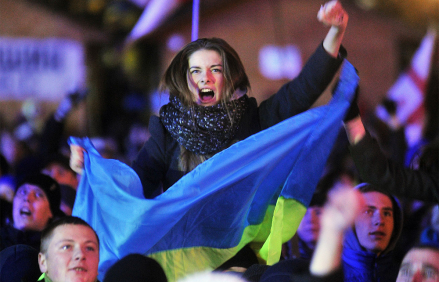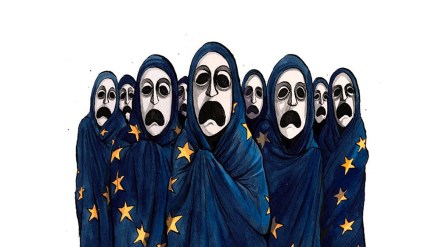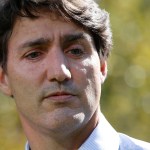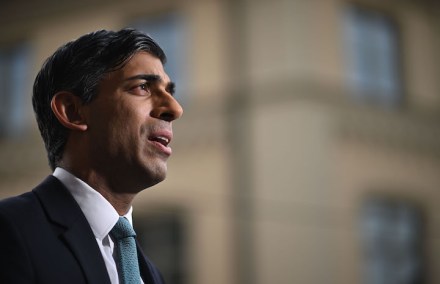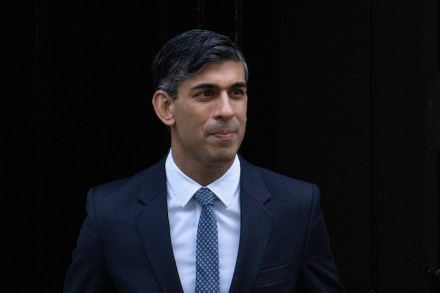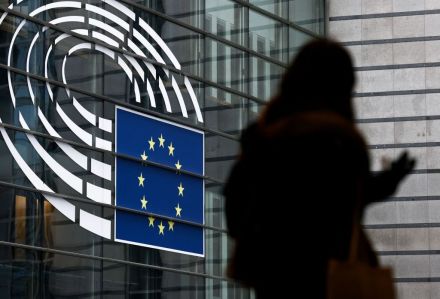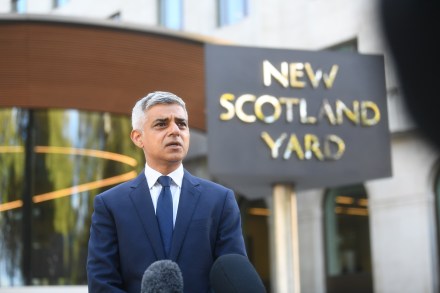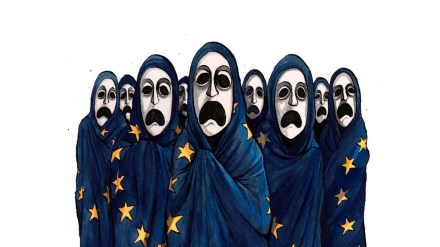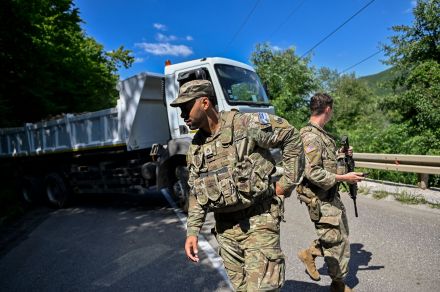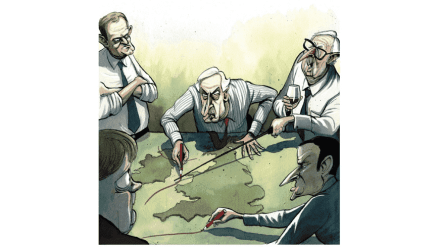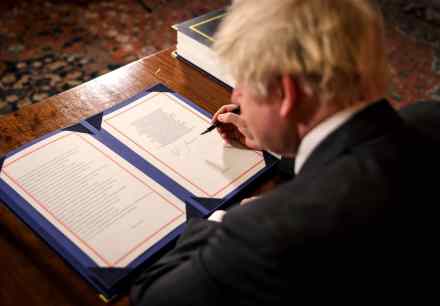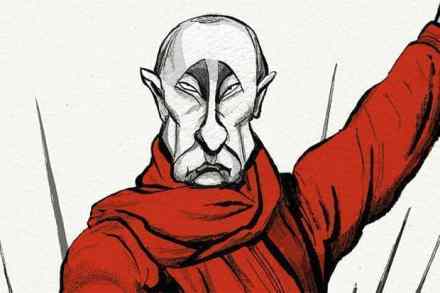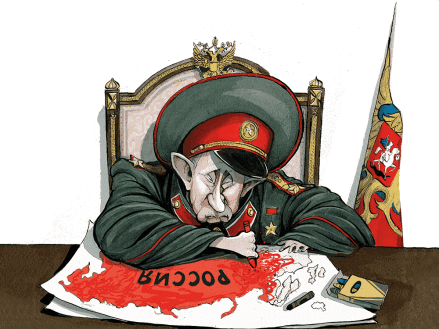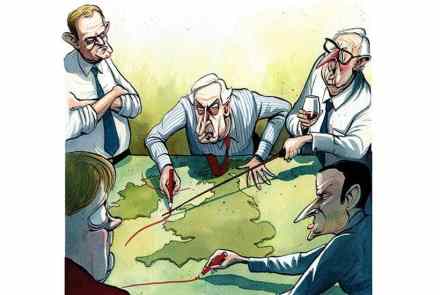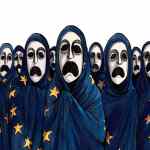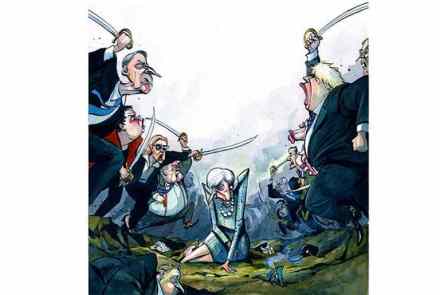Georgia is on the brink of revolution
For weeks, the Rustaveli Avenue in Tbilisi has looked like a battlefield. Thousands of protestors, mostly in their twenties, have been met by riot police armed with tear gas, water cannons and rubber bullets. On the face of it, the protest is about a new repressive bill in its final reading in the Georgian parliament. In reality, it’s the struggle between a government that is turning towards Moscow, and a citizenry who by and large believe the future lies with Europe. The crunch point comes next week when the Georgian parliament will vote on a bill which, if passed, would label as a ‘foreign agent’ any political or civil society



